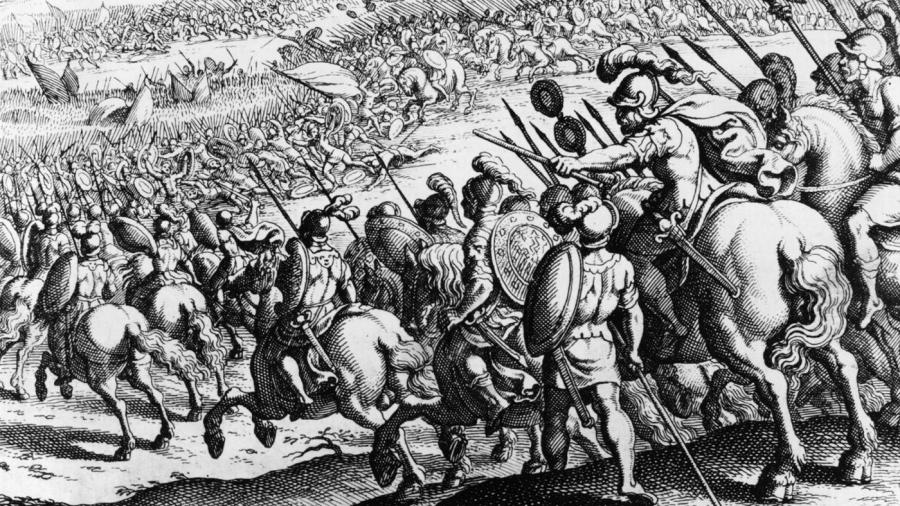What Areas Did Alexander the Great Conquer?

Greek leader Alexander the Great ultimately conquered lands in the Persian Empire, which included territory in Egypt, India, Turkey and Iran. Alexander the Great succeeded his father, Philip II, as ruler of Greece in 336 B.C., and immediately set his sights on defeating the Persian Empire, a task contemplated but never carried out by Alexander’s father. Just 2 years after ascending to the throne, Alexander prepared to lead troops into Persia.
In 334 B.C., according to plan, Alexander led an army of Greek soldiers into the portion of the Persian Empire covering the lands of Turkey. The men crossed the Aegean Sea to begin their conquest of Persian lands, determined to get revenge on the Persian enemy. After successfully crossing into the Persian Empire, Alexander and his troops engaged in a series of wars against Persian troops that lasted more than a period of three years. Alexander led the Greek troops to victory at several strategic locations by defeating Persian soldiers at the Tigris River and Babylonia. Alexander continued to lead his men on a crusade, and secured victories in Egypt and India, before grudgingly accepting his army’s refusal to fight any longer. Alexander completed his conquests in 326 B.C., and returned home to Greece to organize and structure his newly expanded territory.





